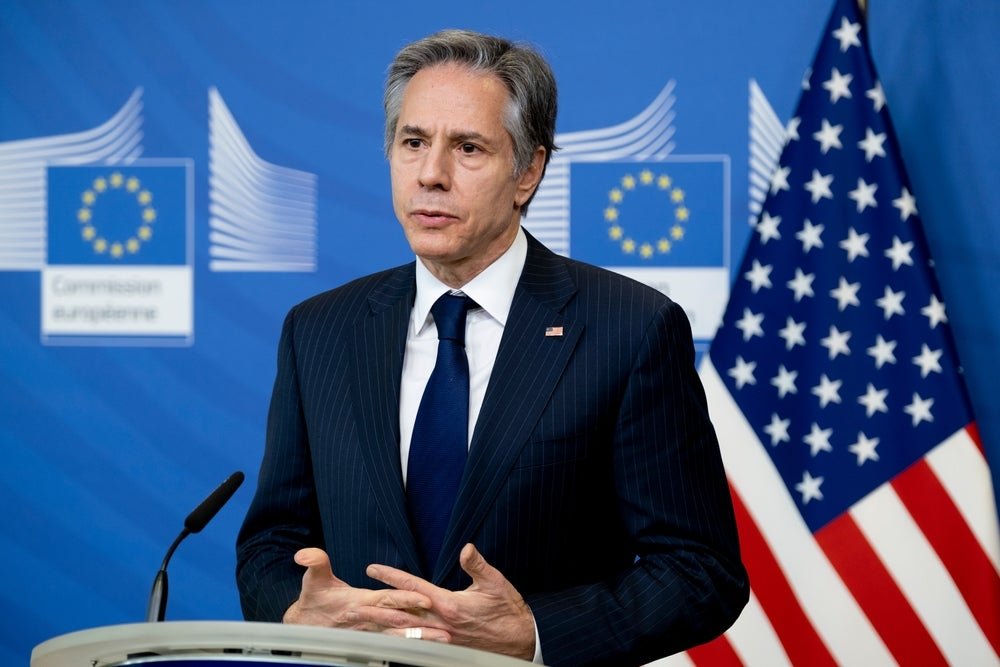The Venezuelan government has recently announced the end of its official cryptocurrency, the Petro. This decision comes after years of struggling to solve the country’s staggering inflation rate, which reached 359.99% in 2023.
The Petro was initially launched in 2018 as a means of evading U.S. sanctions. It aimed to achieve full functionality by 2020 but failed to gain widespread adoption within Venezuela or abroad. Despite the government’s efforts to promote its use, such as using it as a unit of account internally and pegging a portion of the minimum wage to the Petro, it did not succeed in stabilizing the economy.
One of the selling points of the Petro was its backing by Venezuela’s vast oil reserves. This was a favorite talking point among proponents of a BRICS currency, who argue for commodities-backed fiat currencies. However, even this backing could not save the Petro from its eventual demise.
So, why did the Petro fail? One of the key reasons is the deep-rooted corruption in Venezuela. Transparency International’s 2022 Corruption Perceptions Index ranked Venezuela 177th out of 180 countries, with a low score of 14/100. The country’s structural problems, including corruption, were not addressed by the Petro, leading to its ultimate failure.
Looking ahead, Venezuela may want to take inspiration from El Salvador, which has been making positive strides in the cryptocurrency space. El Salvador has gained attention for its Bitcoin adoption, including the approval of its “Volcanic Bonds” and the introduction of its Bitcoin-tied “Freedom Visa.” While Bitcoin adoption is not a panacea, it showcases the potential for innovative solutions to address economic challenges.
Venezuela is currently in talks with the U.S. over sanctions relief, which could help alleviate the burden on its struggling economy. Unlocking Venezuela’s massive oil reserves, the largest in the world, could be a significant step towards economic recovery.
In conclusion, the Petro’s failure highlights the limitations of cryptocurrencies in solving complex economic issues. It also underscores the importance of addressing underlying problems, such as corruption, in order to achieve sustainable economic stability. Venezuela may need to explore alternative approaches and learn from the experiences of other countries, like El Salvador, to chart a path towards economic recovery.





